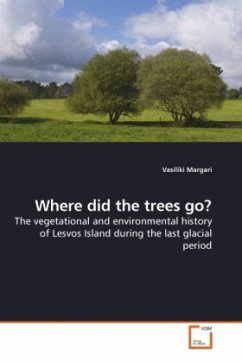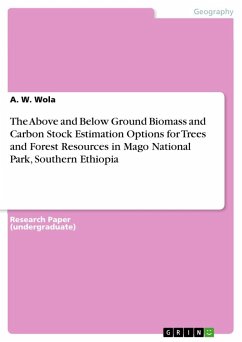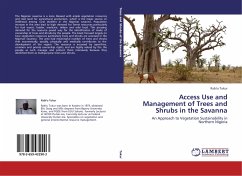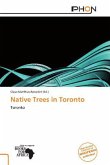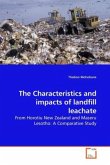This book presents an account of the vegetational and
environmental changes, which occurred on Lesvos
Island, Greece, during the last glacial period
[Marine Isotope Stages (MIS) 2-4]. Based on
high-resolution pollen and sediment analyses it
provides the most detailed record from Greece and
western Turkey to date. Six tephra layers and
multiple radiocarbon dates are used to develop its
chronological framework. During the late MIS 4 cold
and arid conditions prevailed and the landscape was
characterised by increased erosion rates and the
dominance of grassland/steppe. Arboreal populations
(dominated by Pinus and to a lesser extent deciduous
Quercus) expanded during the interstadials of MIS 3,
suggesting increases in precipitation and
temperature. During intervening stadials, steppe
dominated the area indicating reversals to arid and
cold conditions. Only a small portion of MIS 2 is
represented in the sequence, showing a short-lived
expansion of trees. The observed vegetational
oscillations are in concert with North Atlantic
millennial-scale climate variability and provide
evidence towards the geographical extent of this
variability in southern Europe and the response of
ecosystems.
environmental changes, which occurred on Lesvos
Island, Greece, during the last glacial period
[Marine Isotope Stages (MIS) 2-4]. Based on
high-resolution pollen and sediment analyses it
provides the most detailed record from Greece and
western Turkey to date. Six tephra layers and
multiple radiocarbon dates are used to develop its
chronological framework. During the late MIS 4 cold
and arid conditions prevailed and the landscape was
characterised by increased erosion rates and the
dominance of grassland/steppe. Arboreal populations
(dominated by Pinus and to a lesser extent deciduous
Quercus) expanded during the interstadials of MIS 3,
suggesting increases in precipitation and
temperature. During intervening stadials, steppe
dominated the area indicating reversals to arid and
cold conditions. Only a small portion of MIS 2 is
represented in the sequence, showing a short-lived
expansion of trees. The observed vegetational
oscillations are in concert with North Atlantic
millennial-scale climate variability and provide
evidence towards the geographical extent of this
variability in southern Europe and the response of
ecosystems.

